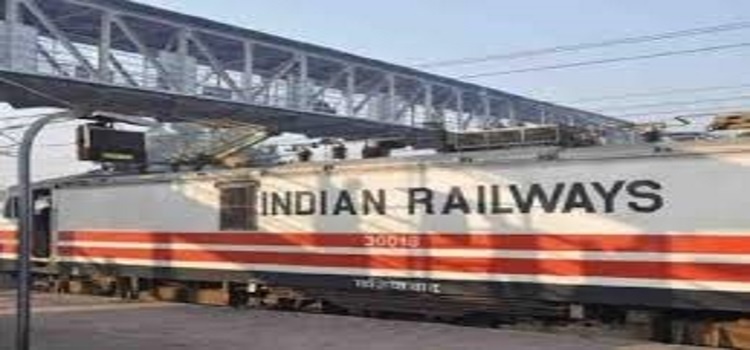
The railways ministry may soon announce India’s largest ever investment in suburban rail infrastructure to revamp the overloaded networks in Mumbai and Bengaluru at a cost of more than Rs 50,000 crore. The mega plan does not entail any burden on the exchequer or passengers as railways would sell its prime land parcels to raise funds, a senior official told. “A self-funding model is being worked out, as part of which private developers and operators will also be engaged,” he said on condition of anonymity.
Once approved by the cabinet, this will be the second largest greenfield rail development project to be undertaken by the Narendra Modi government after the Mumbai-Ahmedabad high-speed rail corridor plan.
“Rail infrastructure in both cities is overburdened and creaking. We are planning to build elevated corridors along existing rail lines, given the lack of land, to increase capacity,” the official said. “Stations would be upgraded to airport-like terminals where arrivals and departures would be separate.” A 160-km long network has been planned for Bengaluru, the capital of Karnataka. The state is set to go to the polls later this year.
If the plan is approved, Rs 12,000 crore will be spent on laying new rail lines and rebuilding stations in Bengaluru. “The projects under this plan won’t be part of the railway plan outlay that will be announced in the upcoming budget. A separate outlay plan will be drawn for these,” the official said.
Mumbai’s suburban trains carry about 7.5 million passengers every day. The local trains are packed to 2.6 times of their carrying capacity on average. Since independence, the passenger load on Mumbai’s suburban rail system has grown more than eight times while train capacity has grown only three times. Bengaluru’s suburban rail network, too, is counted among the busiest in the world.
The Railways can tie up with the concerned state and city governments to form joint ventures for suburban operations. Local governments need to be involved in financing suburban rail travel. We do need to better allocate resources for much-needed public transport like suburban rails, especially in dense urban centres. Going forward, there would be ample scope to revamp local train services and levy reasonable user charges as well, an official mentioned.
